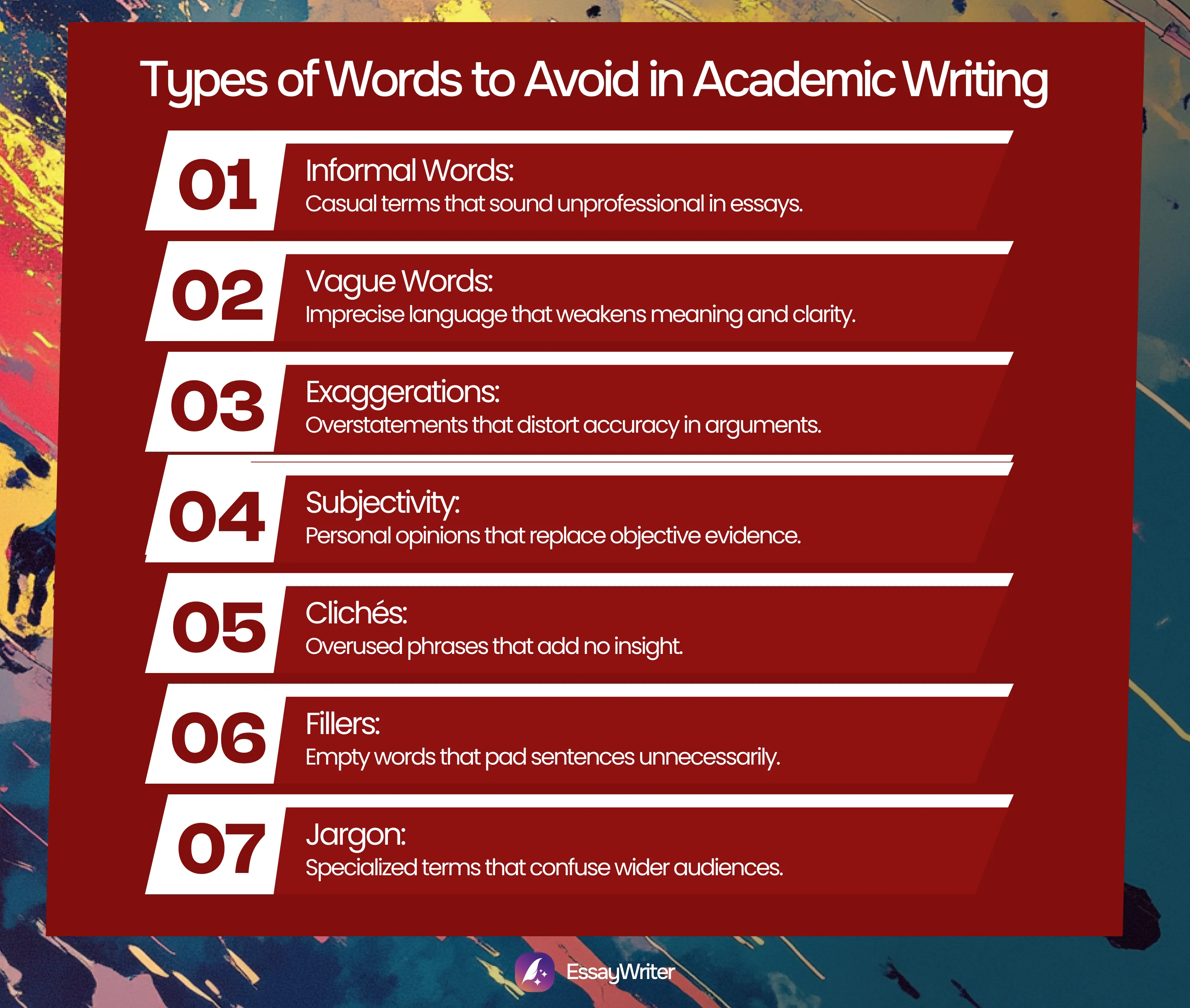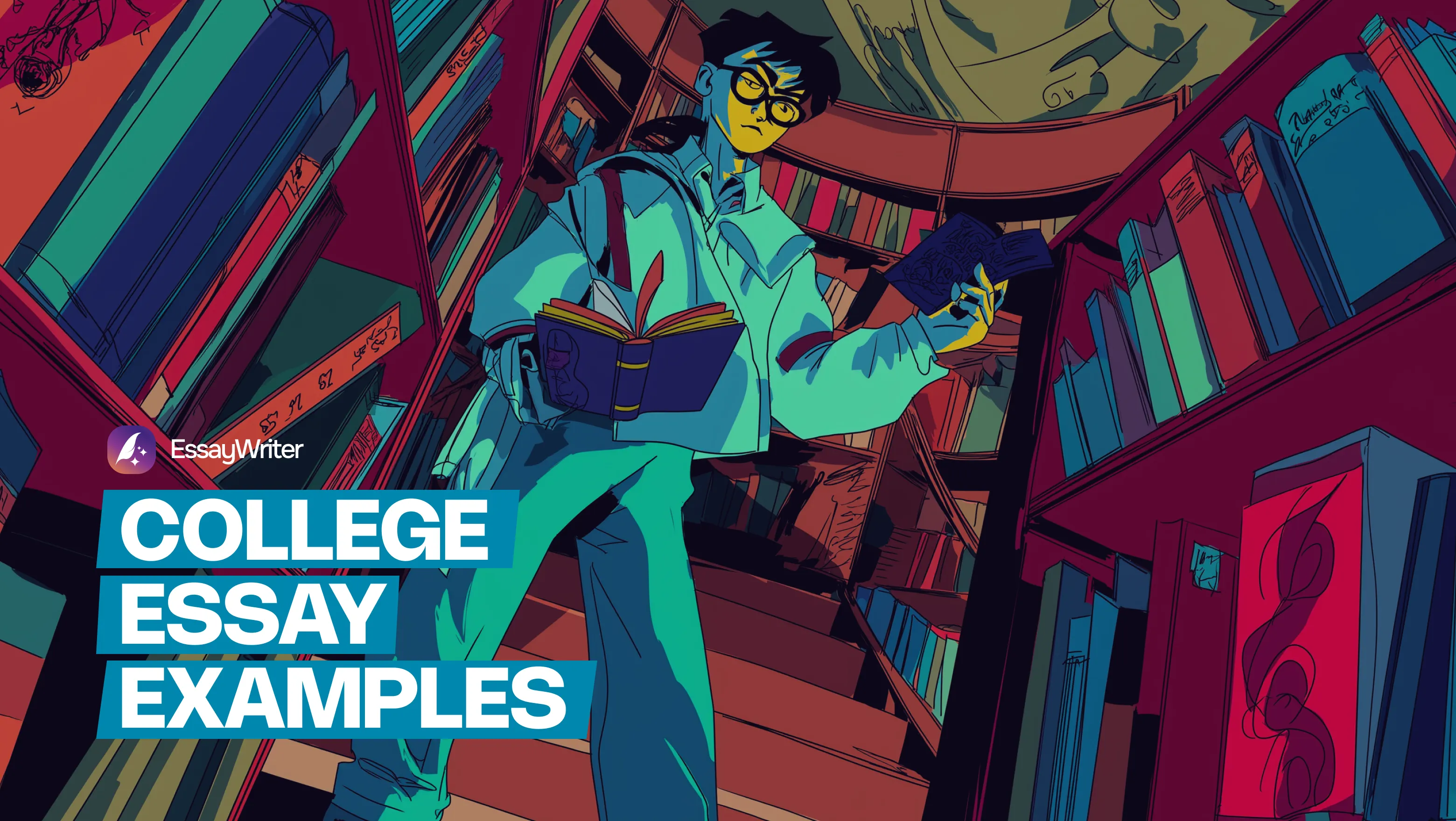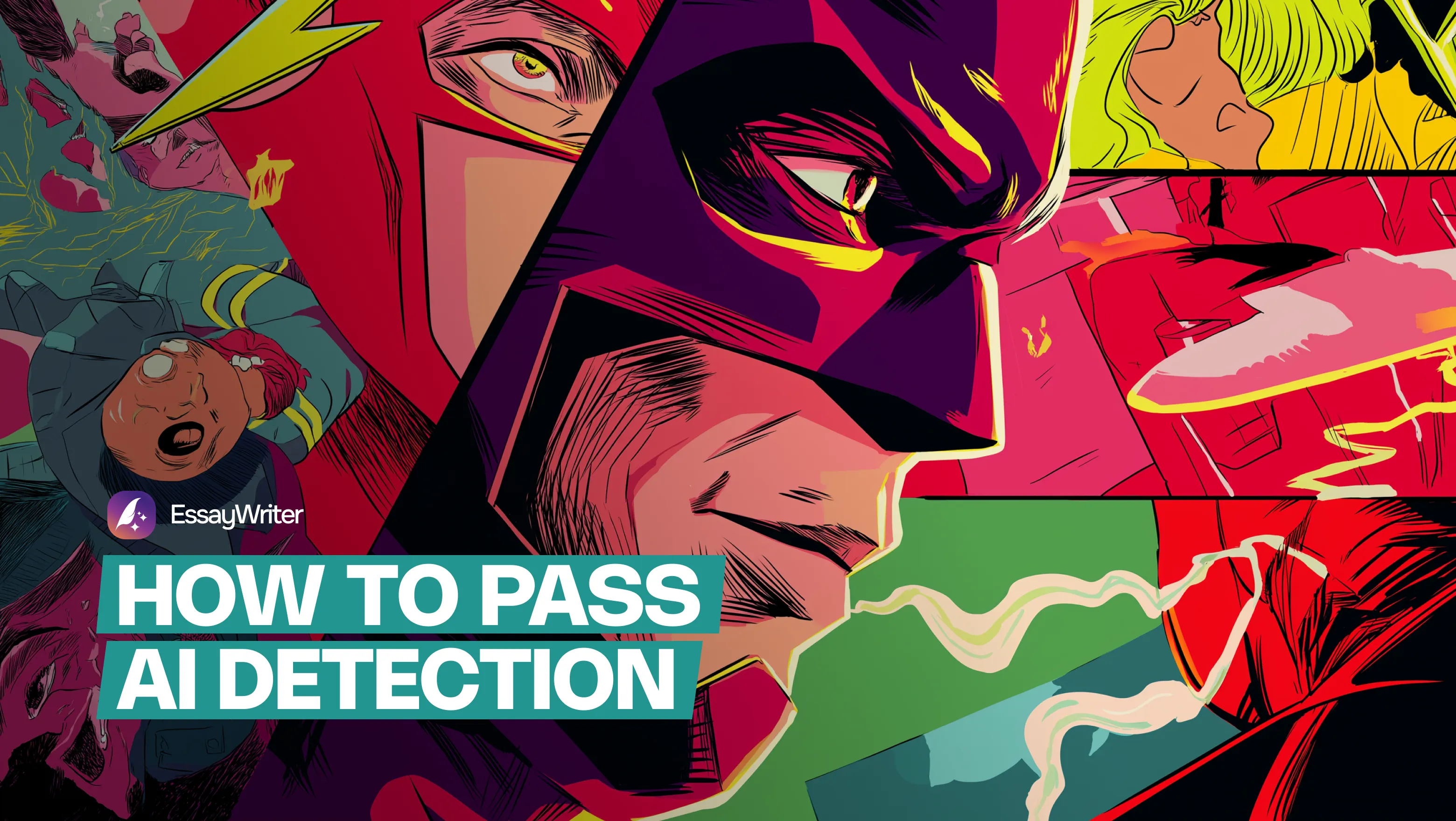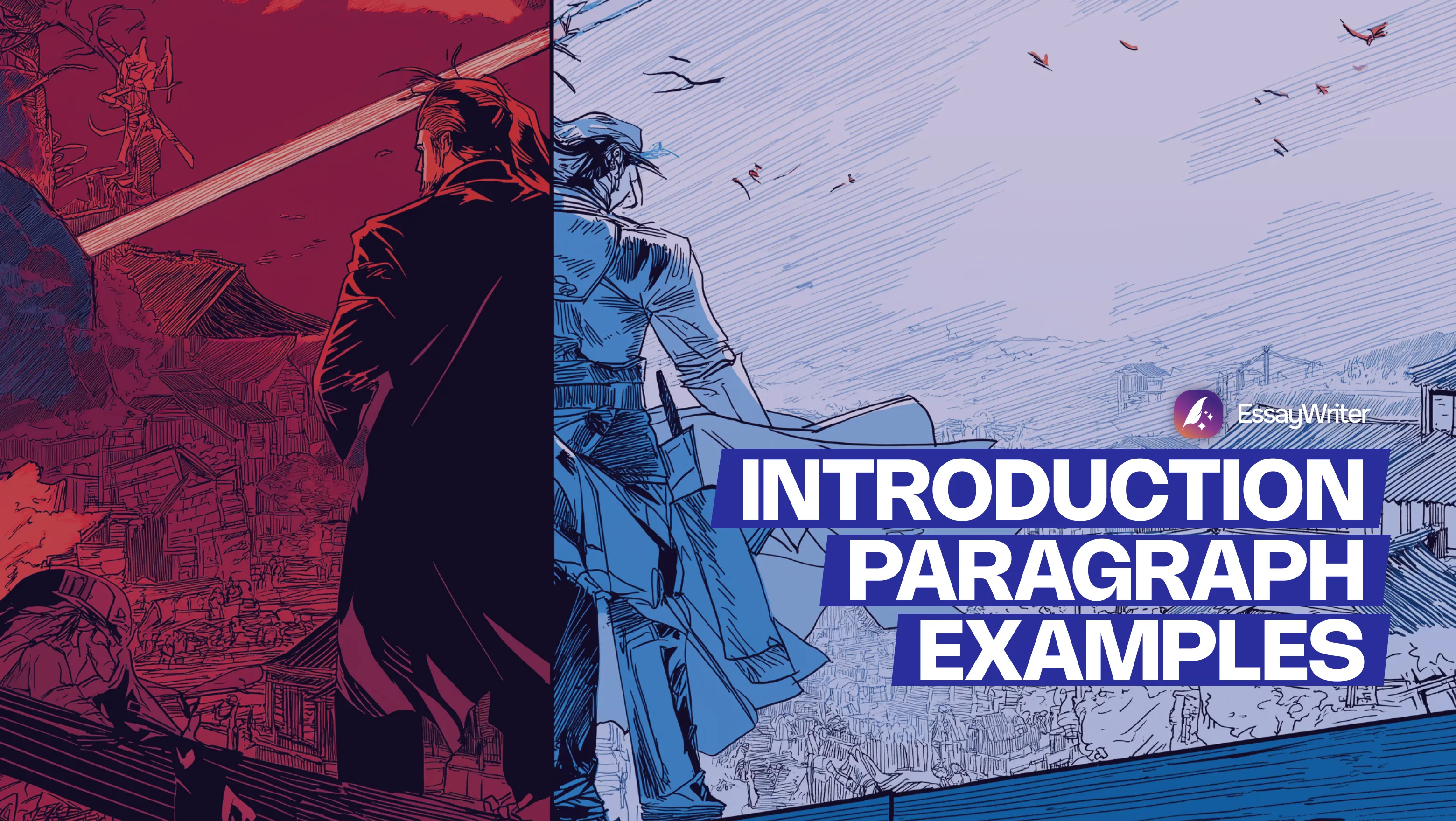When you work on a thesis or research paper, the first trap is language that feels natural in conversation but collapses under the weight of an academic essay. A phrase like 'very important' seems harmless until you realize it carries no measurable meaning. A sentence packed with 'absolutely' or 'really' mirrors speech patterns, not the precision a professor or journal expects.

This is why professional writers are mindful of words to avoid in academic writing and choose more specific language. EssayWriter, a free essay writer, was built to help you practice these habits and give you guidance that pushes past surface expressions and into the level of precision academic writing demands.
Stuck on Wording or Structure?
EssayWriter offers personalized assistance with structure, style, clarity, and language!
Get Help
Informal Words
Informal words might sound fine in conversation, but can confuse readers when placed in an academic essay. Colloquial language, idioms, and filler words create distance between the writer and the intended audience.
Vague Words
Vague language is taboo when it comes to academic writing. It sounds fine when chatting with friends, but in academic writing, it leaves readers guessing about what you really mean. If you say something is 'interesting' or 'some people think,' you haven’t given readers evidence or direction.
If you want extra tips, check out these writing techniques to prevent yourself from making common academic mistakes.
Exaggerations
Words like 'always' or 'everyone knows' sound strong, but they oversimplify complex ideas. Few claims are absolute in research. Overstating results makes arguments sound less credible and leaves readers doubting the evidence. A more specific phrase not only avoids confusion but also reflects the cautious, logical style of academic essays.
Subjectivity
We’re all tempted to phrase ideas in a personal way. However, subjectivity and emotional language only make sense when you’re reflecting on your own experiences, yet in a research paper, they often weaken the argument.
Clichés
Just like subjective writing, clichés are hard to avoid since they slip into our essays due to how effortlessly they come to mind. If you write something like ‘at the end of the day,’ the reader will think you’re leaning on stock language instead of precise and insightful thinking.
Fillers
We toss filler words when searching for the next thought. While they smooth conversation in real life, they act like clutter on the page. An academic essay doesn’t need 'actually' or 'basically' to sound convincing.
Jargon
When writers want to sound professional, they turn to jargon. It belongs to experts but almost always excludes everyone else. It looks impressive on the page, but risks confusing readers instead of convincing them.
Other Phrases to Avoid in Academic Writing
Below are some of the extra words and phrases to avoid when writing an academic paper.
Overused Intensifiers: These words inflate sentences without adding precision.
- Extremely
- Totally
- Absolutely
- Incredibly
Empty Transitions: Transitions should guide the reader, not pad the page.
- Needless to say
- As everyone knows
- In today’s world
- At this point in time
Casual Contractions: Contractions are fine in conversation, but they often look too informal in a research paper.
- Can’t
- Won’t
- Shouldn’t
- Doesn’t
Vague Quantifiers: Numbers and data are expected in an academic context, so loose terms stand out as imprecise.
- Several
- Some
- Many
- A Few
Idiomatic Phrases: Idioms are culture-bound and can confuse international readers.
- Hit the nail on the head
- A double-edged sword
- The ball is in your court
- Rule of thumb
If you want your writing to sound even smoother, check out these transition words.
PDF with the List of 100+ Words to Avoid in Academic Writing
This list brings together over one hundred words to avoid in formal writing that frequently weaken an essay, academic journal, or research paper. Use it as a reference when revising your work to keep your writing professional.
Final Words
Clarity holds power in academic writing. A sentence needs to be precise enough that nothing gets lost in translation. Everyday habits of speech, like fillers, clichés, sneak onto the page and blur arguments that deserve sharper edges. Strip them out, and what remains feels stronger and harder to ignore.
This is where EssayWriter becomes more than convenient. We help students move past the easy phrasing and into language that earns attention!
FAQs
What Words Should You Avoid in Academic Writing?
Cut words that wander or exaggerate. 'A lot,' 'really,' 'awesome' belong in conversation, not research. Academic writing asks for precision, the kind that leaves no room for doubt about meaning.
What Phrase Would Not Be Acceptable to Use in Academic Writing?
Clichés like 'at the end of the day' or 'needless to say' sink an essay. They promise insight but deliver nothing. Be careful with using passive voice, too. A stronger paper shows the point directly, and actively, without leaning on worn-out phrases.
Are Contractions Acceptable in Academic Writing?
Most of the time, no. 'Don’t,' 'can’t,' 'won’t' sound casual, and the casual tone erodes formality. Professors and journals usually expect the full forms, 'do not,' 'cannot, ' because they leave no doubt about tone or intention.
- AWELU. (n.d.). Dos and don’ts. Lund University. Retrieved September 11, 2025, from https://www.awelu.lu.se/language/register-and-style/dos-donts/
- University of York. (n.d.). Objective language. Academic Language. Retrieved September 11, 2025, from https://subjectguides.york.ac.uk/academic-language/objective
- Antioch University. (2018, June). Academic tone for formal writing [PDF]. Retrieved September 11, 2025, from https://www.antioch.edu/wp-content/uploads/2018/06/Academic-Tone-for-Formal-Writing.pdf
Recommended articles




